Beware of These In-Home Pet Toxins
You may be surprised to learn that nearly every typical home contains most, if not all, of the following pet toxins. Luckily, basic precautions are all that’s required to keep your pet safe and sound! Learn more here from your Oconomowoc, WI veterinarian.
Pest Control Products
Do you use pesticides or rodenticides in your home to ward off intruding insects or outdoor rodents? Keep in mind that these products are poison, and can harm our animal companions just as easily as they harm pests. Use extreme caution when placing these products, and put them in areas that pets can’t reach. Keep your veterinarian’s emergency number on hand to call in the event of an accident.
Human Food
Your kitchen undoubtedly already contains various potential pet poisons. The list of human foods that are toxic to animals is quite long, and includes grapes, raisins, onions, garlic, chives, avocado, chocolate, candy, baked goods, caffeinated items, fatty substances, salt, and much more. Keep all hazardous foods stored safely where pets can’t reach; never leave harmful foods out on countertops or the kitchen table.
Medications
Don’t leave medications of any kind—whether they’re meant for humans or animals—lying around where pets could swipe them. Over-the-counter drugs, prescription medications, antidepressants, pain relievers like aspirin, and many more can all prove toxic. Pets can even overdose on their own medications if they swallow enough. Avoid the danger by keeping all medicines in a locked cabinet or closet.
Toxic Houseplants
Sometimes, we may inadvertently introduce a toxin to our pets’ environment when we decorate with houseplants or flowers. Lilies, sago palms, daffodils, tulips, the rubber plant, various aloe plant varieties, chrysanthemums, and many, many more have proven dangerous for pets, so check your home for these potential toxins. Ask your veterinarian about pet-safe plant options to use in and around your home.
Cleaning Solutions
Have you examined your supply closet lately? Most cleaning solutions can prove harmful to pets, including bleach, solvents, ammonia, household cleaners, polishes, and others. Keep your supply closet sealed at all times, and store the most harmful chemical products on the top shelf to further alleviate the risk.
It’s important to keep your veterinarian’s phone number, as well as local or national poison control hotline numbers, on hand to call in the event of an emergency. Ask your Oconomowoc, WI veterinarian for more advice on preventing pet poisoning episodes in your home.
